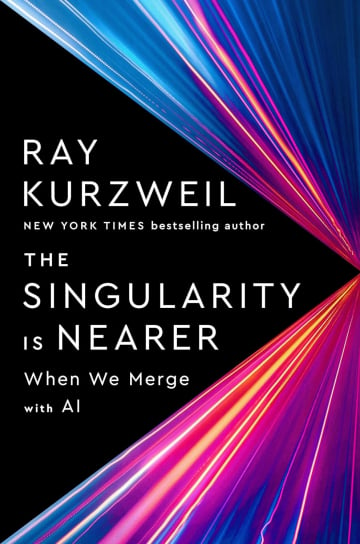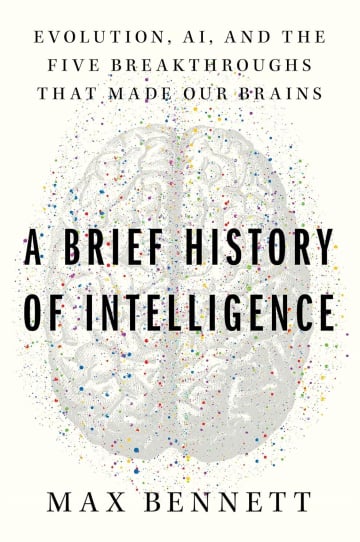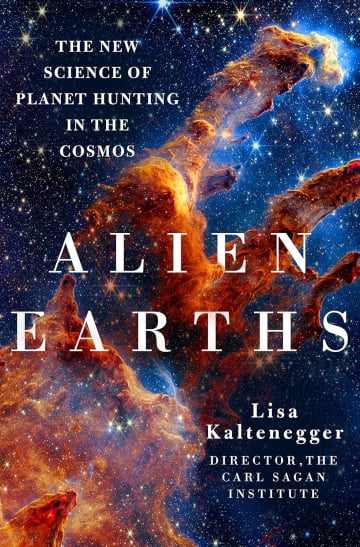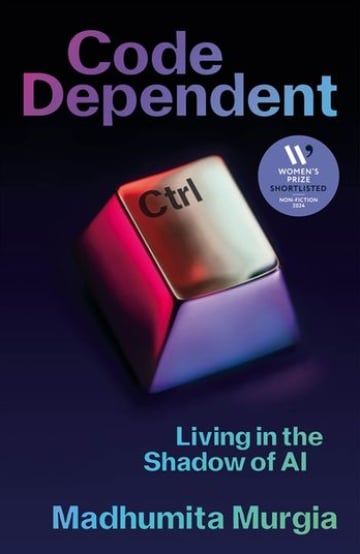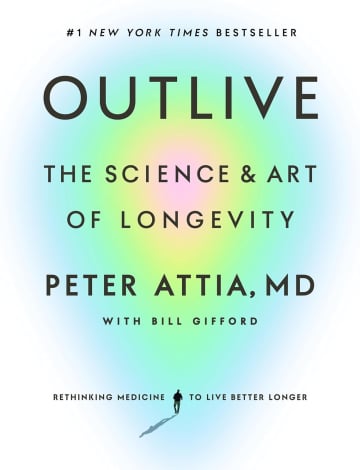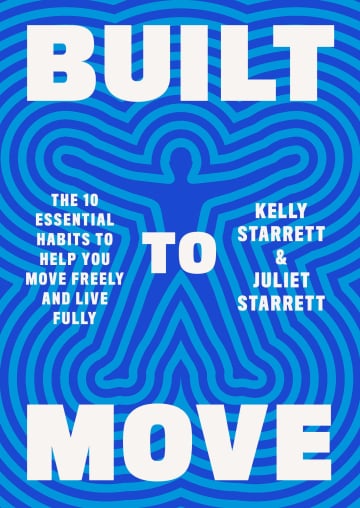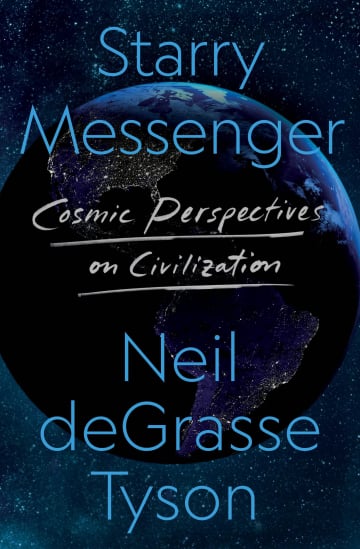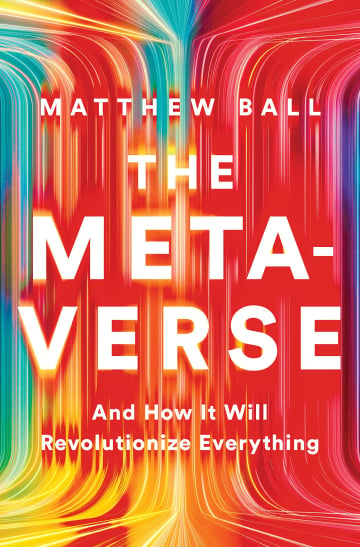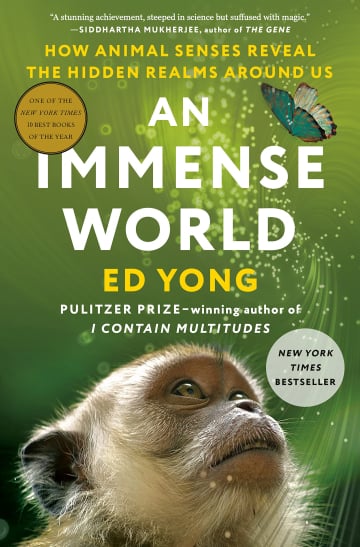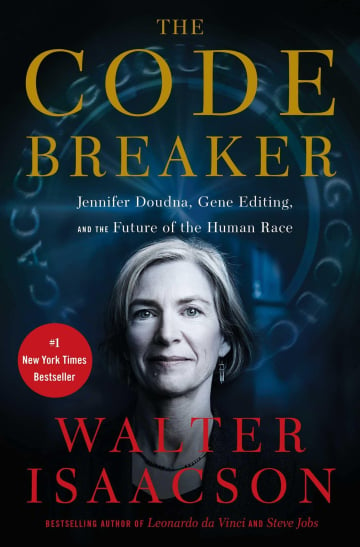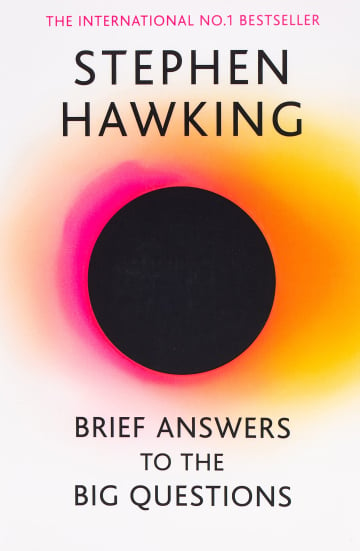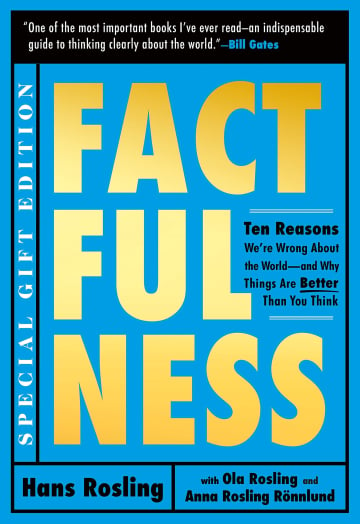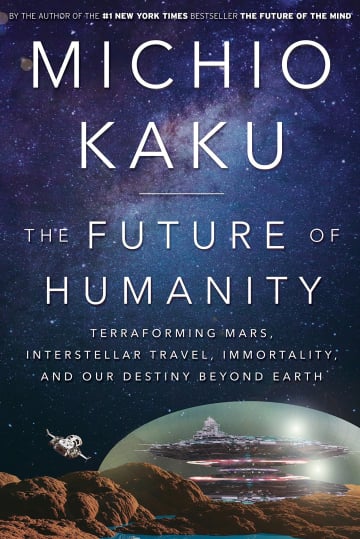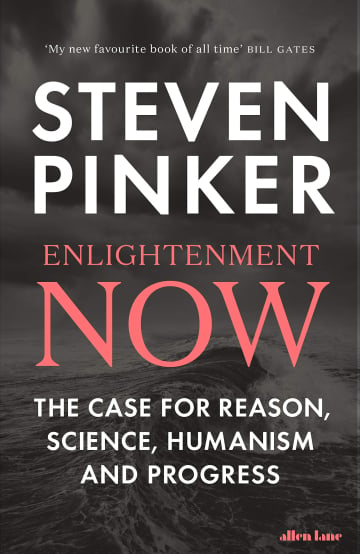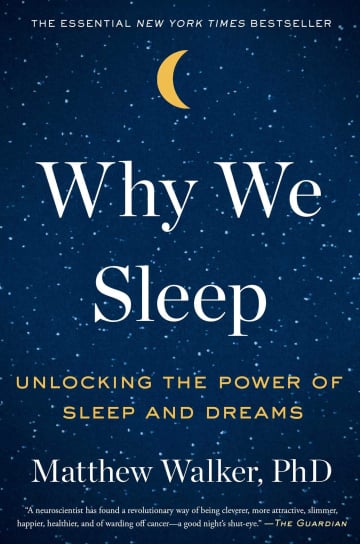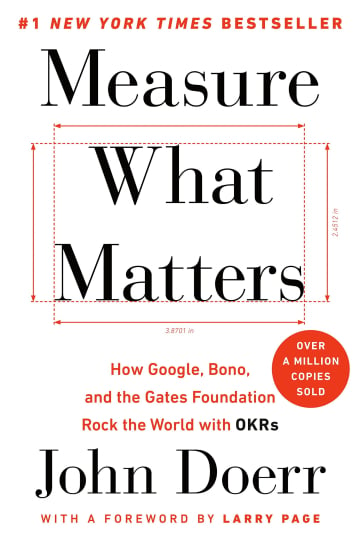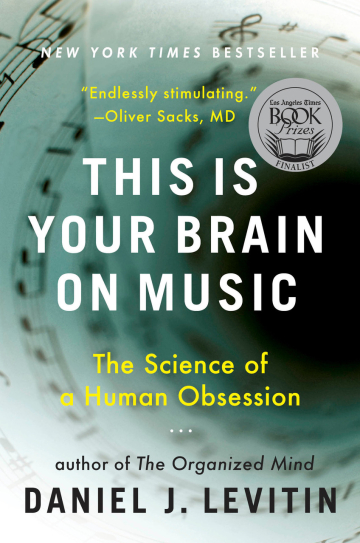
This Is Your Brain on Music: The Science of a Human Obsession
⚡️ 10 Quotes from the book
“But one mystery has not been solved: the mystery of the human brain and how it gives rise to thoughts and feelings, hopes and desires, love, and the experience of beauty, not to mention dance, visual art, literature, and music.”
“For the artist, the goal of the painting or musical composition is not to convey literal truth, but an aspect of a universal truth that if successful, will continue to move and to touch people even as contexts, societies and cultures change.”
“Music is being used to manipulate our emotions, and we tend to accept, if not outright enjoy, the power of music to make us experience these different feelings.”
“A bowl of pudding only has taste when I put it in my mouth—when it is in contact with my tongue. It doesn’t have taste or flavor sitting in my fridge, only the potential.”
“If a song is a living, breathing entity, you might think of the tempo as its gait—the rate at which it walks by—or its pulse—the rate at which the heart of the song is beating.”
“Music communicates to us emotionally through systematic violations of expectations.”
“If music serves to convey feelings through the interaction of physical gestures and sound, the musician needs his brain state to match the emotional state he is trying to express.”
“Music listening enhances or changes certain neural circuits, including the density of dendritic connections in the primary auditory cortex.”
“Music may be the activity that prepared our pre-human ancestors for speech communication and for the very cognitive, representational flexibility necessary to become humans.”
“As a tool for activation of specific thoughts, music is not as good as language. As a tool for arousing feelings and emotions, music is better than language. The combination of the two—as best exemplified in a love song—is the best courtship display of all.”
Related videos
Ask Albert:
Rate the book
⚡️ Discover Even More Bookish Wisdom
recommends
recommends
recommends
recommends

